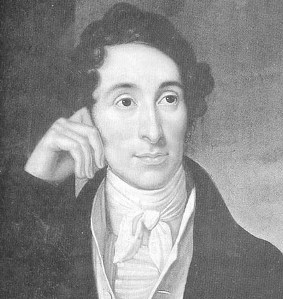Carl Maria von Weber Biography - A Very Quick Guide
Artist:
Carl Maria von Weber
Born:
November 18, 1786
Died:
1826
Carl Maria von Weber was born near Lubeck, Germany on November 18, 1786. He was the cousin of Mozart’s wife and the son of a musician traveling with a theatre company. Thus, he was trained to be a musician as a child in part by Micheal Hadyn, an Austrian composer. He began writing operas at the age of 13, and became an operatic conductor at age 18.
Weber is best known for his opera Der Freischütz (1821), regarded as a landmark in the development of German Romantic opera through its use of folk elements, atmospheric orchestration and supernatural themes. He also wrote concertos for clarinet, piano works, songs and orchestral music, many of which helped define early Romantic style. His compositions for the clarinet in particular expanded the instrument’s expressive possibilities. Weber died in 1826, aged 39, during a visit to London, leaving a legacy that influenced later composers including Wagner and Berlioz.
Top Pieces on 8notes by Carl Maria von Weber
